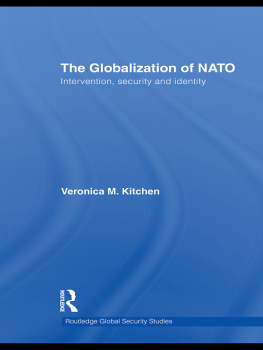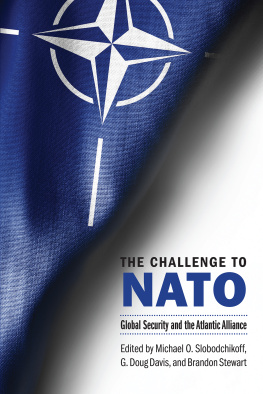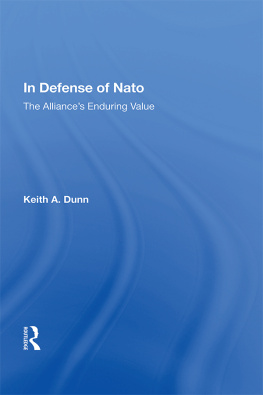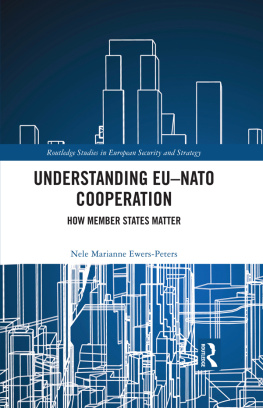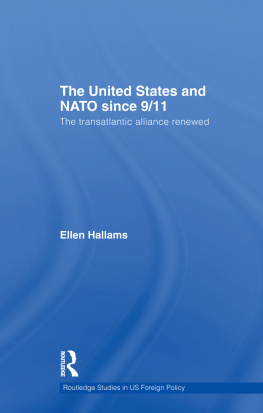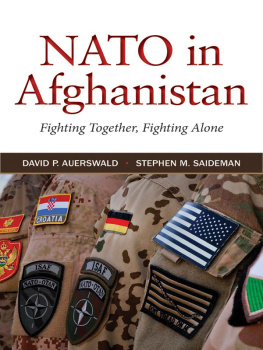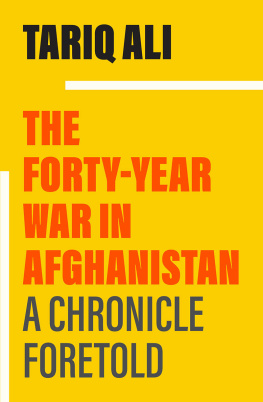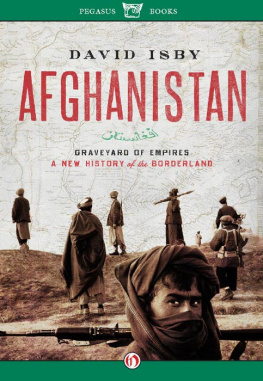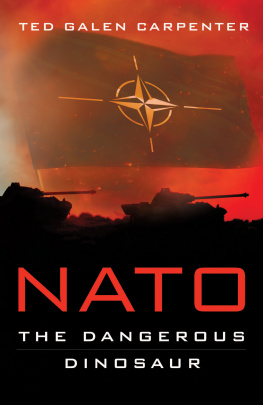ADVANCE PRAISE FOR
NATO in the Crucible: Coalition Warfare in Afghanistan, 20012014
As Churchill said, There is only one thing worse than fighting with allies, and that is fighting without them. In this year marking NATOs seventieth anniversary, Hanagans work shows us that thanks to its political will and organizational ability, it adapted and adjusted to an ever-changing situation while in combat.
Tucker Mansager, (Col.-ret.),US Army, International Staff, NATO Headquarters, Brussels
Hanagans superbly researched, comprehensive, and clear-eyed analysis centers on the successful albeit difficult adaptationpolitical, tactical, organizational, and culturalthat NATO carried out through dialogue, shared experiences, innovation, political will, and military leadership. It is a welcome testament to NATOs foundational value and common principles, and its vitality and relevancy for the future.
Gordon B. (Skip) Davis Jr.,Deputy Assistant Secretary General, Defence Investment Division, NATO
NATO in the Crucible
NATO in the Crucible
Coalition Warfare in Afghanistan, 20012014
Deborah L. Hanagan
HOOVER INSTITUTION PRESS
STANFORD UNIVERSITY STANFORD, CALIFORNIA

With its eminent scholars and world-renowned library and archives, the Hoover Institution seeks to improve the human condition by advancing ideas that promote economic opportunity and prosperity, while securing and safeguarding peace for America and all mankind. The views expressed in its publications are entirely those of the authors and do not necessarily reflect the views of the staff, officers, or Board of Overseers of the Hoover Institution.
www.hoover.org
Hoover Institution Press Publication No. 703
Hoover Institution at Leland Stanford Junior University,
Stanford, California 94305-6003
Copyright 2019 by the Board of Trustees of the Leland Stanford Junior University
All rights reserved. No part of this publication may be reproduced, stored in a retrieval system, or transmitted in any form or by any means, electronic, mechanical, photocopying, recording, or otherwise, without written permission of the publisher and copyright holders.
For permission to reuse material from NATO in the Crucible: Coalition Warfare in Afghanistan, 20012014, isbn 978-0-8179-2295-5, please access www.copyright.com or contact the Copyright Clearance Center, Inc. (CCC), 222 Rosewood Drive, Danvers, MA 01923, 978-750-8400. CCC is a not-for-profit organization that provides licenses and registration for a variety of uses.
Efforts have been made to locate the original sources, determine the current rights holders, and, if needed, obtain reproduction permissions. On verification of any such claims to rights in the articles reproduced in this book, any required corrections or clarifications will be made in subsequent printings/editions.
Hoover Institution Press assumes no responsibility for the persistence or accuracy of URLs for external or third-party internet websites referred to in this publication, and does not guarantee that any content on such websites is, or will remain, accurate or appropriate.
First printing 2019
25 24 23 22 21 20 19 7 6 5 4 3 2 1
Manufactured in the United States of America
The paper used in this publication meets the minimum requirements of the American National Standard for Information SciencesPermanence of Paper for Printed Library Materials, ANSI/NISO Z39.48-1992. 
Cataloging-in-Publication Data is available from the Library of Congress.
ISBN: 978-0-8179-2295-5 (pbk. : alk. paper)
ISBN: 978-0-8179-2296-2 (epub)
ISBN: 978-0-8179-2297-9 (mobi)
ISBN: 978-0-8179-2298-6 (PDF)
To Gill and Chris, thanks for your unwavering support.
Contents
by Amy Zegart
List of Figures and Tables
Foreword
I am pleased to write this foreword, not only because it precedes an impressive scholarly work, but also because it means that the Hoover Institution Press has published a book from one of the outstanding alumni of Hoovers Robert and Marion Oster National Security Affairs Fellows (NSAF) Program. Colonel Deborah Hanagan was a member of the 200708 NSAF class a few years before I joined Hoover as a senior fellow and became the programs director. The Hoover Institutiononce known formally as the Hoover Institution on War, Revolution and Peacereflects a deeply held commitment to understanding warfare and statecraft to improve the security of our nation and the world. The NSAF program, and this book, are important contributions to that mission.
Colonel Hanagan is a rare breeda warrior-scholar with impressive accomplishments in both the operational environment and inside the academy. Initially commissioned in the US Army as a military intelligence officer, she later transferred to the Foreign Area Officer functional area. She has served in staff and leadership positions spanning the globe while also earning multiple academic degrees and serving in a number of academic leadership roles, including as a professor of strategy at the US Army War College.
During her time at Hoover, Hanagan distinguished herself, actively engaging in dozens of seminars and conferences and publishing in the Hoover Digest, the institutions quarterly journal. My NSAF program predecessor, David Brady, described Hanagan as an exemplary fellow and a good reminder to us at Hoover of the high caliber of individuals who serve in the United States Armed Forces.
Hanagans latest work grew out of her doctoral thesis at Kings College London and reflects the expertise she has garnered as both a scholar and a member of the armed forces. In it, she seeks to explain NATOs involvement in Afghanistan over a thirteen-year period, and the enduring cohesion that existed among coalition members. This work not only provides a comprehensive account of the mission of the International Security Assistance Force but also tackles the question of how coalition cohesion endures in lengthy conflicts. That question is of great and rising importance; data show clearly that both civil and interstate conflicts have grown longer over the past several decades.
Hanagan masterfully uses the existing organizational learning and military adaptation literaturetypically used to describe militaries and governments at a national levelto explain a phenomenon at the multinational level. As the international security landscape grows increasingly complex and the challenges confronting multinational security coalitions like NATO continue to diversify, understanding military adaptation and factors of success for coalition cohesion is imperative. This work makes a meaningful contribution to that body of research.
It is made even more special to write this foreword in 2019, as Hoover celebrates the fiftieth anniversary of the NSAF program. For half a century, the program has offered high-ranking members of the US military and government agencies an opportunity to spend an academic year at Hoover to conduct independent research. During their time at Hoover, NSAFs also become essential members of the Stanford University community, attending seminars, participating in workshops, and mentoring undergraduate students. To date, the NSAF program has 158 distinguished alumni, including eleven general officers, two flag officers, twelve US ambassadors, and a former national security adviser. We are proud to call Colonel Hanagan one of our own and to have the opportunity to publish her doctoral research.
Next page

